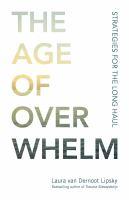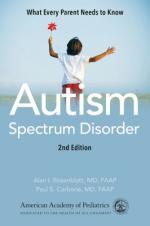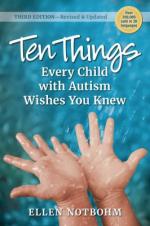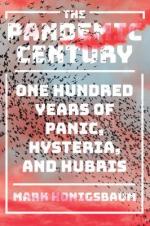Mindfulness with Reset Brain and Body
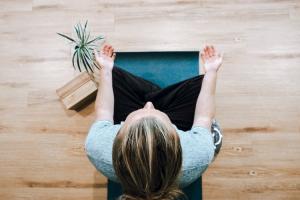
Mindfulness is the idea of focusing your awareness on the present moment. It affords many health benefits, stress reduction, and increases your gratitude of everyday moments.
On August 20, join us for a virtual day of mindfulness with Reset Brain and Body, based out of Plymouth.
At 2pm, Bridget will teach kids and families mindfulness.
At 6pm, Holly will lead adults in how to start a mindfulness practice.
Participants will receive a code to access Mindfulness 101, an e-book created by Reset Brain and Body.
This program will take place virtually over Zoom. Participants will receive an email with the Zoom link the day before the program starts (on August 19). Registration is required, and begins on August 6.
If you are registering for the 2pm session, please register just one of your family members, and include the age(s) of your family members who will be attending, so we can best tailor the program to you!
Upcoming sessions
There are no upcoming sessions available.

